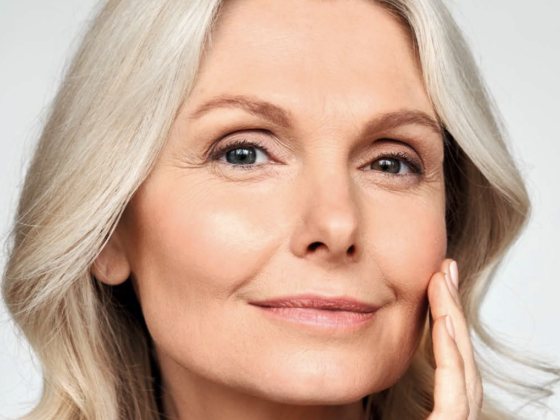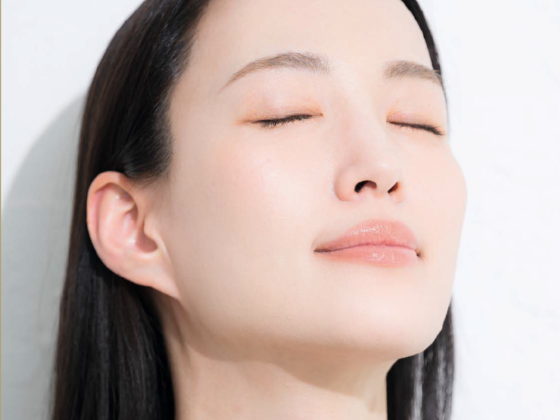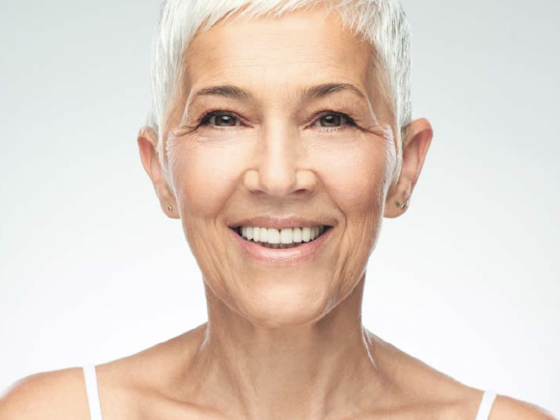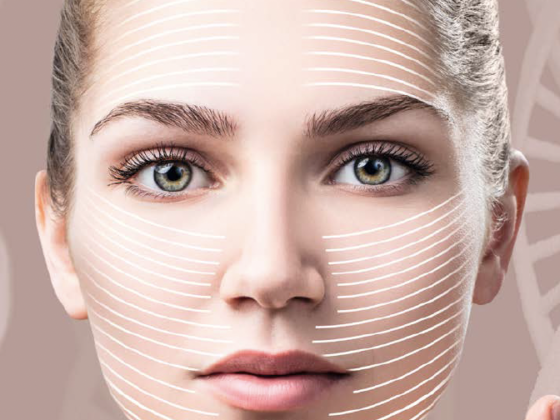The impact of non-ordinary states of consciousness
Dr Isabelle Meurgey
Aging, once perceived as an inevitable process, is today at the heart of a scientific revolution driven by neuroscience. It reveals how the brain, a veritable orchestra conductor for our physiology, can be altered to slow down the effects of aging. One of the most promising approaches is non-ordinary states of consciousness (NSCs) such as mindful meditation, hypnosis and self-induced cognitive trance (SICT). These practices, which are anchored in a dynamic interaction between mind and body, offer brand-new perspectives for anti-aging medicine.
NSCs are subjective types of experiences, different from the ordinary state of consciousness, that are often associated with a feeling of unity, inner clarity, time warp and wider self-perception. NSCs stand out for their ability to lead to altered states of consciousness, making it easier to regulate the autonomic nervous system (ANS). By reducing chronic stress, they influence epigenetics – the way in which our genes are expressed – and stimulate the vagus nerve, a key actor in psychological resilience.
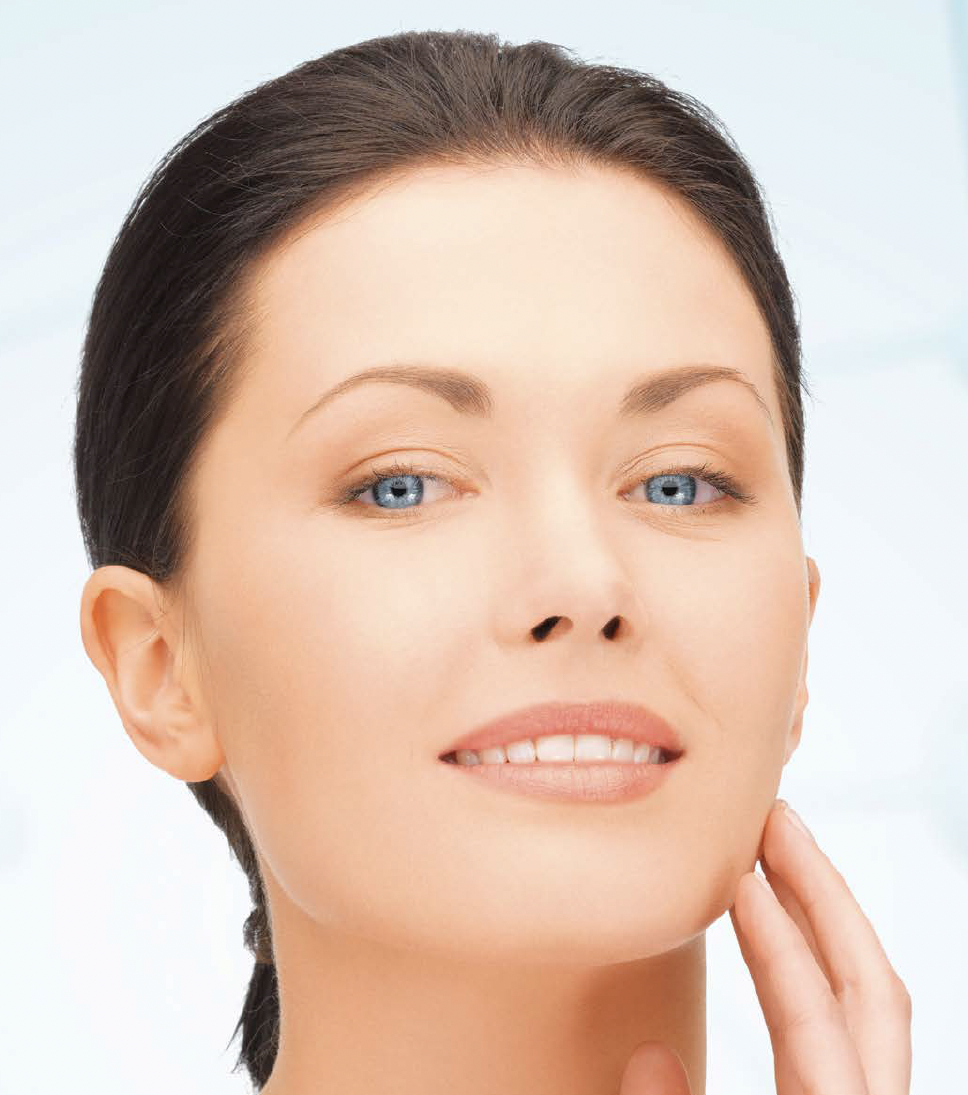
Developed by Stephen Porges, the polyvagal theory redefines the role of the autonomic system by introducing a distinction between the different branches of the vagus nerve:
• The dorsal vagus nerve is associated with passive immobilisation, dissociation.
• The ventral vagus nerve supports social behaviours, emotional regulation, engagement, recovery, digestion and parasympathetic balance.
NSCs preferentially activate the ventral vagus nerve, promoting a physiological state of safety, which helps with repair, digestion and neuroplasticity. Though these states were once reserved for shamanic rituals, spiritual or meditative practices, today they are being seriously re-evaluated by scientists, thanks to the advances made in brain imaging and neurophysiology.
This way, mindful meditation, transcendental meditation, therapeutic hypnosis and holotropic breathwork are widely studied. They have various effects in common:
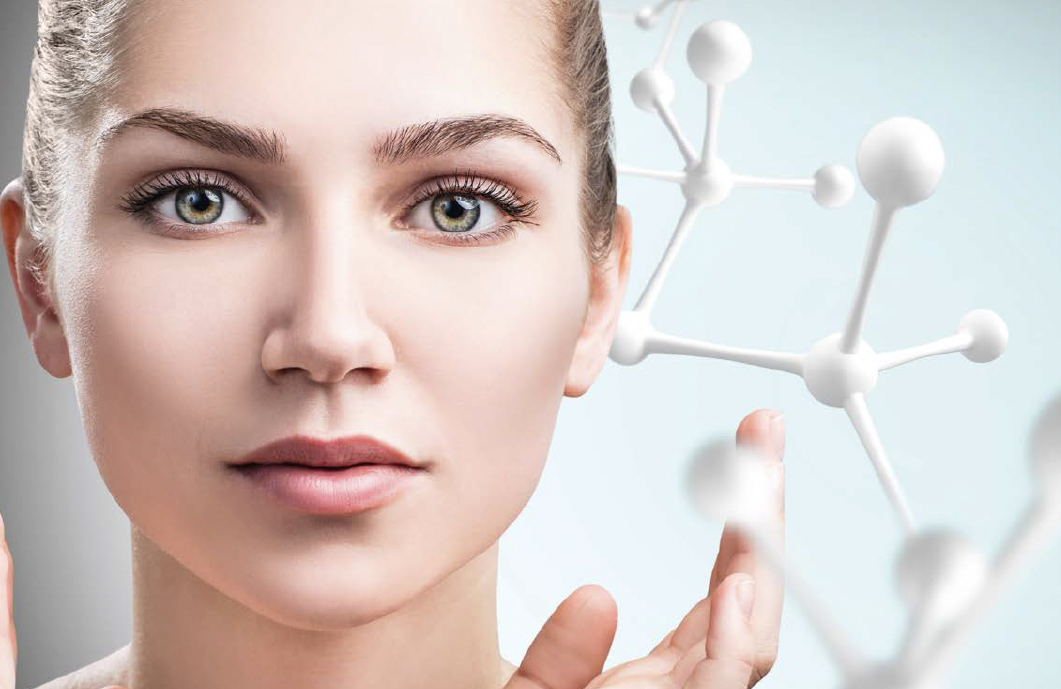
• Reducing perceived stress and plasmatic cortisol
• Activating the parasympathetic system (via the vagus nerve)
• Increased heart rate variability (HRV), an indirect reflection of vagal tonus, which is a marker for emotional regulation, resilience to stress and psycho-physiological alignment.
• Measurable effects on the length of the telomeres, the density of grey matter and synaptic plasticity.
Altered states of consciousness can also be used as tailored therapeutic interventions, in collaboration with:
• Nutrition: they boost the regulation of insulin and leptin and promote emotional stability, reducing impulsive eating habits.
• Targeted physical activity: cardio-respiratory coherence induced by NSCs optimises recovery, cellular oxygenation and exercise-induced neurogenesis.
• Sleep and biological rhythms: NSCs promote deep sleep (delta waves), a key factor for overnight cell regeneration.
• Emotional health and social relationships: by boosting emotional regulation, these practices restore the quality of human interactions; they can also be an emotional support tool in times of stress or hormonal change, particularly in the perimenopause or andropause.
Pioneering research shows that practising meditation, hypnosis or trance leads to quick and measurable epigenetic modifications. Among the key studies:
• Kaliman et al. (2014): In experienced meditators, after just eight hours of intensive meditation, we see a significant reduction in pro-inflammatory gene expression.
• Black et Slavich (2016): Regular mindfulness practice is associated with a reduced NF-κB expression, a central transcription factor in the chronic inflammatory response.
• Bhasin et al. (2013): A relaxation programme including meditation and breathwork alters the expression of over 2,000 genes connected with the stress response, immunity and cell metabolism.
These effects are observed even in the short term but, when practised regularly, they lead to long-lasting biological reprogramming.
Towards medicine of the future
What if the key to longevity was not only in the genes, molecules or external interventions, but also in our ability to voluntarily alter our states of consciousness?
Integrating NSCs in anti-aging medicine recognises that our consciousness, far from being immaterial, has a measurable biological impact. It also means adopting a new therapeutic position: that of not seeing the patient as a body to repair, but rather an intelligent system to realign. Integrating these approaches in functional and anti-aging medicine involves changing the paradigm: going from a medicine that repairs to a medicine that activates, a medicine that looks at symptoms to mindful medicine.
Aging then becomes not a decline but rather a transformation, an opportunity for alignment, meaning and profound vitality. And the states of consciousness become a central lever for this medicine of the future.
Dr Isabelle Meurgey

Doctor of anti-aging and aesthetic medicine. Graduate of the Rouen medical faculty. Has specialised in preventative and performance medicine since 1997. Permanent member of the French Society of Aesthetic Medicine.
More informations: docteurisabellemeurgey.com





